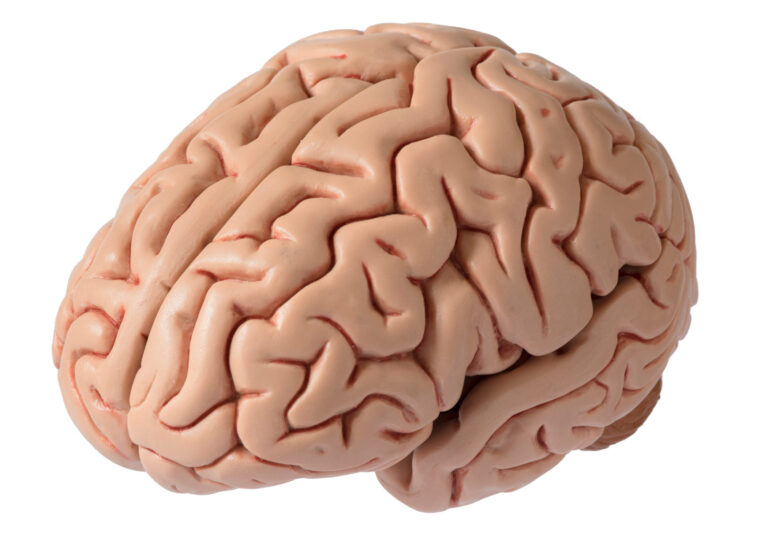Dementia is a debilitating disease that affects millions of people worldwide. It is a progressive disorder that affects cognitive function, memory, and behavior. As the disease progresses, individuals with dementia may experience confusion, disorientation, and anxiety. While there is no cure for dementia, there are various ways to improve the quality of life for those affected by it. One surprising source of comfort and support for individuals with dementia is pets.
Pets have been known to provide companionship, joy, and unconditional love to their owners. But when it comes to individuals with dementia, the role of pets goes beyond being just a furry friend. Here, we will explore the various ways in which pets can play a crucial role in dementia care and provide comfort to those living with the disease.
Stress Relief and Companionship
One of the main benefits of having a pet for individuals with dementia is the relief of stress and anxiety. Dementia can cause feelings of loneliness and isolation, leaving individuals feeling disconnected from the world around them. Pets can provide constant companionship and a sense of purpose, which can help alleviate these negative emotions.
Pets are also great stress relievers. Studies have shown that petting an animal can lower blood pressure and reduce anxiety levels. This can be especially beneficial for individuals with dementia, as they may experience increased anxiety due to their condition.
Improved Mood and Emotional Well-being
Dementia can cause changes in mood and behavior, leaving individuals feeling agitated or depressed. However, pets have been known to improve mood and emotional well-being in those with dementia. The presence of a pet can bring joy, laughter, and a sense of calm to individuals with dementia, helping to improve their overall quality of life.
Pets also provide a sense of routine and structure for individuals with dementia. Taking care of a pet, such as feeding them or taking them for walks, can give individuals a sense of purpose and responsibility, which can help boost their self-esteem.
Stimulation and Cognitive Function
Engaging with a pet can also provide cognitive stimulation for individuals with dementia. Simple activities such as playing with a pet, teaching them new tricks, or grooming them can help improve memory, attention, and problem-solving skills. These activities also encourage physical movement and increase social interaction, which can all be beneficial for individuals with dementia.
In addition, pets can serve as a reminder of past experiences and memories for individuals with dementia. Seeing a familiar pet or interacting with them can trigger memories and provide a sense of comfort and nostalgia.
Reduced Agitation and Behavioral Changes
Individuals with dementia may experience changes in behavior, such as agitation, aggression, or wandering. These behaviors can be challenging for caregivers to manage and can also be distressing for the individual with dementia. However, pets have been shown to reduce these types of behaviors.
A study conducted by the University of Leicester found that individuals with dementia who interacted with a therapy dog had a significant reduction in agitation, aggression, and anxiety. The presence of a pet can provide a calming effect and distract individuals from their negative thoughts or feelings.
Assistance and Safety
Pets can also provide practical assistance and safety for individuals with dementia. For example, dogs can be trained to fetch medication or bring help in case of an emergency. Cats can be trained to alert their owners to specific sounds, such as a ringing phone or doorbell. These types of assistance can be crucial for individuals with dementia who may have difficulty performing daily tasks on their own.
In addition, pets can provide a sense of security for individuals with dementia, especially those living alone. The presence of a pet can make individuals feel less vulnerable and more protected in their homes.
The Role of Pets for Caregivers
The benefits of pets in dementia care are not just limited to the individuals living with the disease. Caregivers also benefit from the presence of a pet. Taking care of a pet can serve as a source of stress relief for caregivers who may experience burnout and exhaustion. Pets can also provide a sense of comfort and companionship to caregivers, reducing feelings of loneliness and isolation.
Moreover, pets can serve as a bridge for communication between caregivers and individuals with dementia. Oftentimes, individuals with dementia may have trouble communicating their needs or feelings, but they may be more open to interacting with a pet. This can help caregivers better understand the needs of their loved ones and improve their relationship.
In conclusion, the role of pets in dementia care and comfort is significant and should not be underestimated. The love, companionship, and practical assistance that pets provide can greatly improve the quality of life for individuals with the disease. From reducing stress and agitation to providing cognitive stimulation and safety, pets play an essential role in supporting those living with dementia. They not only bring joy and comfort to their owners but also provide invaluable support to caregivers. So, if you or someone you know is affected by dementia, consider the positive impact a furry friend can have on your journey.




